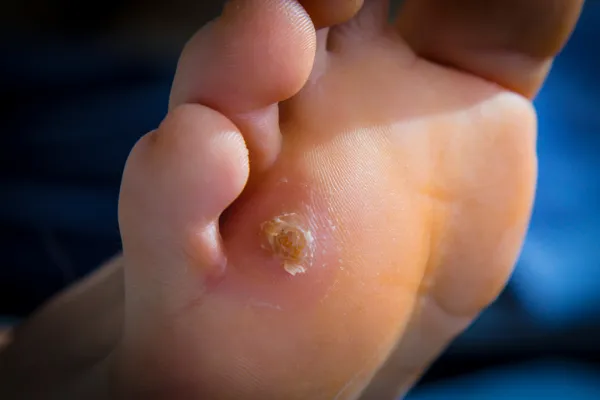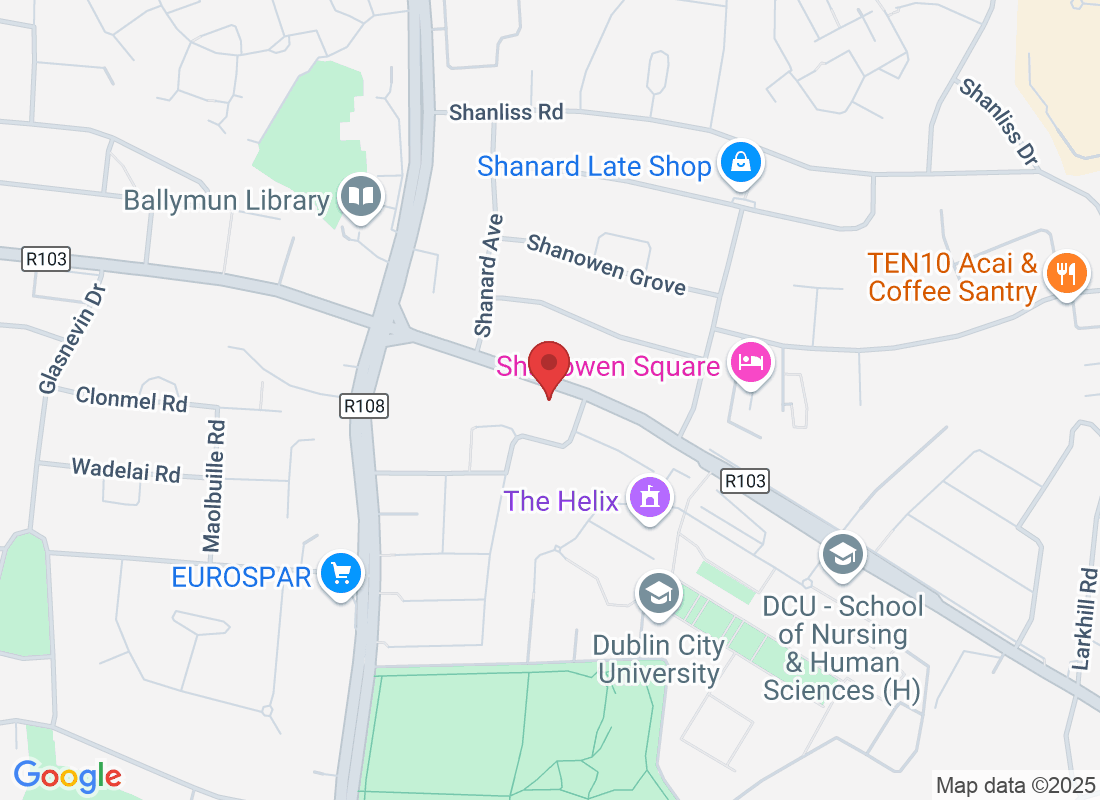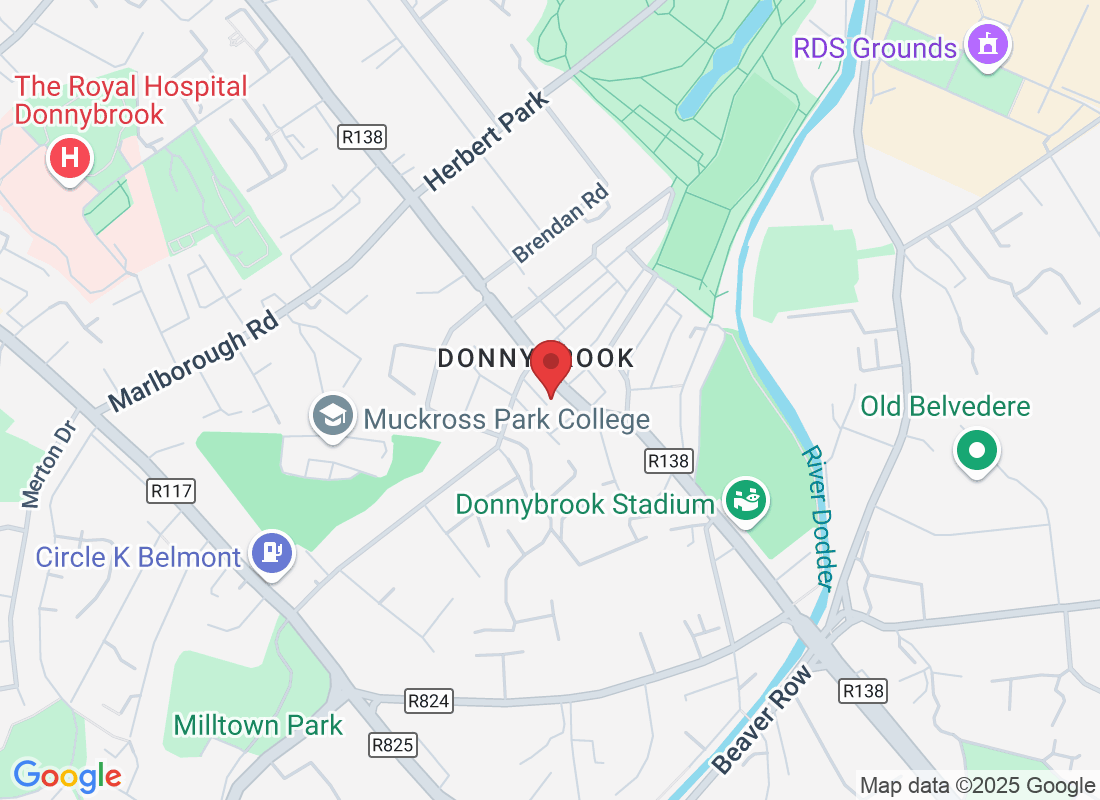
Why Do I Keep Getting Corns on My Feet? Common Causes Explained
Corns are one of the most common complaints we see at Mary Moore Podiatry, and if you’ve had them more than once, you know just how uncomfortable they can be. These small, hard patches of skin often return again and again, especially when the underlying cause isn’t addressed.
If you’re wondering why corns keep forming on your feet, this blog will walk you through the most frequent causes—and what you can do to finally find relief.
What Are Corns?
Corns are thickened areas of skin that develop when there’s too much pressure or friction, usually on the toes or between them. Unlike calluses, which are broader and usually painless, corns are small, focused areas that often feel sore or tender to the touch.
They can be hard (dry and firm, typically on the tops of toes) or soft (whitish and rubbery, usually between the toes where there’s moisture). Either way, they can make every step uncomfortable—especially in tight shoes or during long days on your feet.
Why Do Corns Keep Coming Back?
If you’re dealing with recurring corns, it’s likely because the root cause hasn’t been fully resolved. Here are the most common reasons they keep returning:
1. Ill-Fitting Shoes
Shoes that are too tight, narrow, or pointy in the toe area create constant rubbing and pressure. Over time, this leads to corns—especially on the tops and sides of the toes.
Even shoes that look like they fit well can cause problems if there’s not enough room for your toes to move naturally. High heels can be particularly problematic, as they shift your weight forward, increasing pressure on the front of the foot.
2. Toe Deformities
Conditions like hammer toes, claw toes, or bunions cause the toes to sit abnormally, which increases friction against footwear. This makes those with structural changes in the foot more prone to corns.
In many cases, the corn develops over a bony area that is constantly rubbing against the inside of a shoe.
3. Biomechanical Issues
The way you walk (your gait) or stand can place extra pressure on certain parts of your feet. For example, if you overpronate or have flat feet, you may be placing excess weight on the toes or forefoot, encouraging corn development.
At our Foot Clinic in Dublin 4, we often assess foot posture and gait during consultations to understand these patterns.
4. Going Without Socks
Wearing shoes without socks increases friction and can lead to corns, especially in warmer weather or if you’re wearing tight or unlined footwear. Socks help reduce rubbing and wick away moisture, which also helps prevent soft corns between the toes.
5. Skipping Regular Foot Care
Dead skin that builds up and isn’t removed can harden and form into corns. Regular moisturising, using a pumice stone, and routine check-ups at a podiatry clinic can help prevent this from happening.
What Can You Do About Recurring Corns?
Knowing the cause of your corns is key to stopping the cycle. Here’s how we typically help our patients at Mary Moore Podiatry:
Professional Corn Removal
We offer corn and callus removal in Dublin 4, using safe, sterile techniques that avoid damaging the surrounding healthy skin. This offers immediate relief—but more importantly, we’ll also help address why the corn developed in the first place.
Gait and Footwear Assessment
Understanding how your feet move and the type of shoes you wear is crucial. We’ll check your footwear and may recommend orthotics or shoe modifications to reduce pressure points.
Toe Protection and Padding
Toe sleeves, gel pads, or corn shields can reduce friction and prevent recurrence. These are particularly helpful for people with toe deformities or corns between the toes.
Custom Orthotics
If your walking pattern is contributing to pressure buildup, custom orthotics can help redistribute weight across your foot more evenly.
When to See a Podiatrist
If you’re dealing with corns that keep returning, are painful, or are interfering with daily activities, it’s time to seek professional help. Corns may seem like a minor issue, but they can lead to bigger problems—especially for those with diabetes, circulation issues, or foot deformities.
At Mary Moore Podiatry, we take a comprehensive approach to corn management. That means not just removing the symptom, but understanding and treating the cause to keep your feet comfortable long-term.




